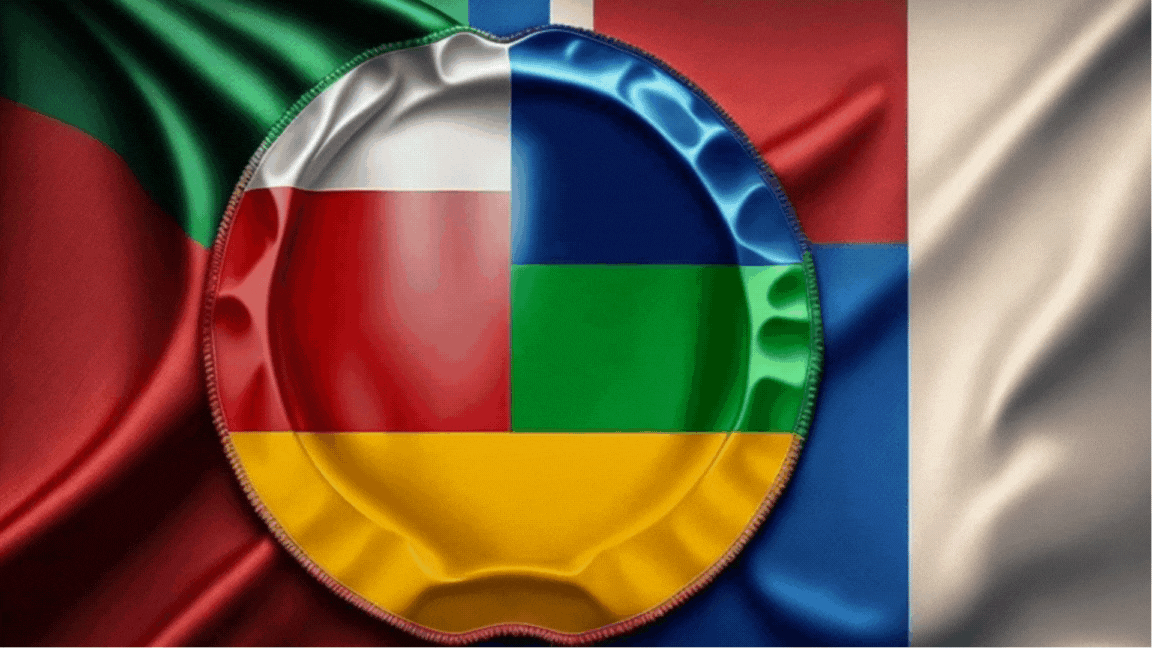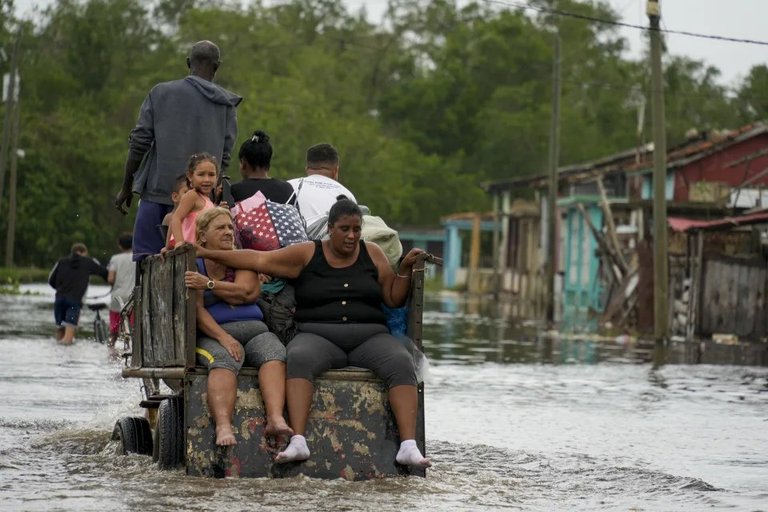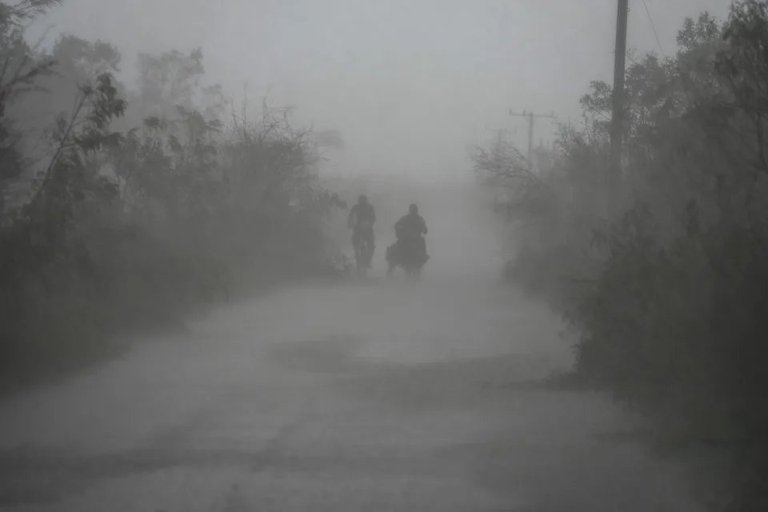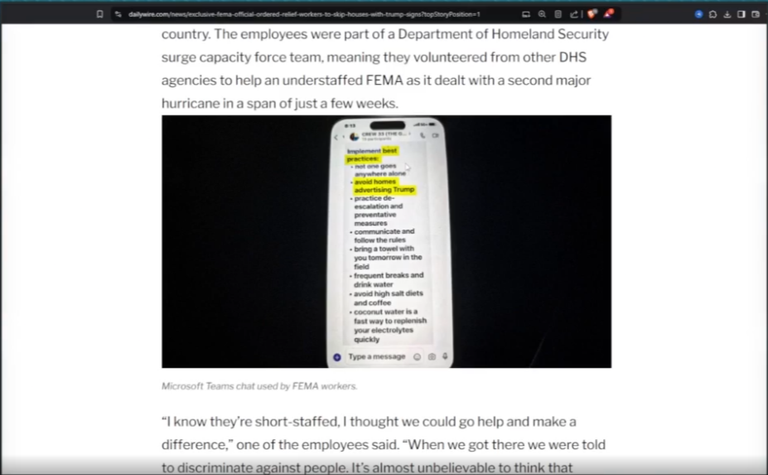
The eye of Hurricane Rafael had not yet entered Cuban national territory last Wednesday when the fierce winds associated with it caused the collapse of Cuba's decrepit national power system for the second time in less than a month. The specialists who manage the system's load balance were trying to withdraw electric service in an orderly manner in those areas of western Cuba where winds exceeded 60 kilometers per hour—in my opinion too late—, but Rafael caused too many simultaneous and automatic tripping of circuits. By the afternoon of this Friday 17% of the capital's customers have the electric service back, but I think it will more than a week for sure to restore it in its entirety, especially in those localities where the hurricane's impact was more direct (in Mayabeque and Artemisa). For the moment, no loss of human lives has been reported, but the damage to housing and productive and service infrastructure is catastrophic in a country that is not on the brink of the abyss but has already plunged (one out of every four Cubans is over 60 years old right now, a figure that reflects the stampede-like flight of young brains and arms in the face of the acute crisis the country has been experiencing, especially in recent years). Just a few days ago, after the passage of another hurricane of lesser intensity through the east of the country, everyone tried to help those who lost all their material goods—eight lost our most precious asset, their lives.
 Source
SourceWithout getting out of this crisis within the main and humongous one, now the demand for international solidarity is even greater, infinite. Without underestimating the strategic and defining nature of our internal challenges and complexities, it is in the area of foreign assistance that I see the greatest scope for the situation here to be alleviated, at least a little. Especially if Washington so wishes, since its comprehensive sanctions regime is the main cause of Cuba being a stinking country for the world financial and trade systems, so much so that not even countries that are friends in principle—that is: more than allies, such as Venezuela—are helping with the speed, quantity and quality that is required. In this context, after the first national blackout in October, Claudia Sheinbaum sent 400,000 barrels. Now Putin is sending close to 600,000 in the name of Russia, but the country needs a stable supply beyond these hypovolemic-shock-mode crises that it has not just secured. In this sense, although after Donald Trump's victory in last Tuesday's elections, I have focused on its possible implications for Latin America and particularly for the Island—mainly of negative orientation—, I failed to mention what the current administration can do positively, even by returning irritants.
For example, before leaving office in 2020, Trump unjustifiably placed Cuba on the list of states sponsoring terrorism, taking Havana's vicissitudes to the extreme to operate in the international market. Biden may roll back this measure before January, leaving the new administration in a very difficult position to reinstate it, since it would have to seek new “arguments” that are not on the surface. The current U.S. government could also enable an express economic aid package of a material nature if it wanted to. Taking other more far-reaching measures within the sanctions regime would be irrelevant insofar as they would be easily reversed by the Republicans once they regain control of business in Washington. I don't know if the deep state there condemned us to death, as a colleague and friend of mine suggests. It could be, because it does not make sense that Biden has sustained much of the maximum-pressure policy applied by Trump (almost always a Democrat in his first term is cautious on the Cuba issue so as not to expose himself too much in Florida, but the latter was not even considered a swing state for the current election cycle). The few weeks that separate us from Trump's resounding return to the West Wing hold the answer. Whatever it is, we aspire to be alive to know what it was.
 Source
SourceAnd this is all for our report today. I have referenced the sources dynamically in the text, and remember you can learn how and where to follow the LATAM trail news by reading my work here. Have a nice day.


